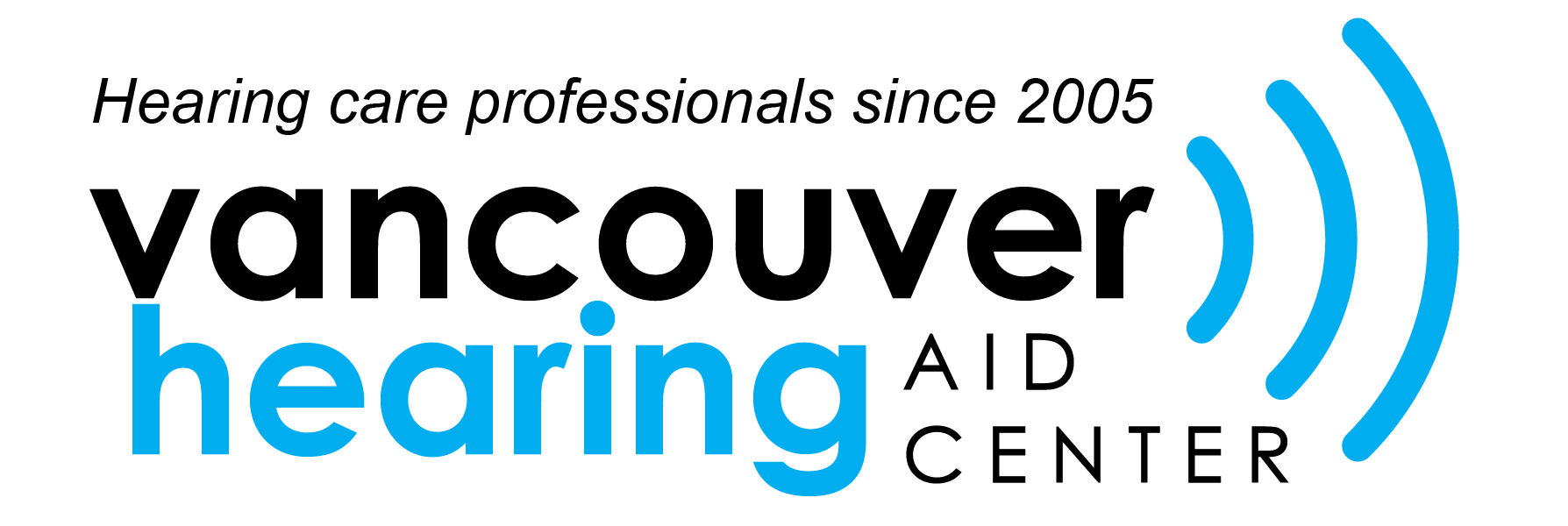
When you schedule your first hearing aid fitting, it is natural to feel a mix of anticipation and curiosity. You may be eager to experience clearer sound, but also unsure of what to expect. A hearing aid fitting is more than just placing devices in your ears. It is a collaborative process with your audiologist to ensure the devices meet your needs and lifestyle. Asking the right hearing aid fitting questions can help you make the most of your appointment and set you up for long-term success. If you live in Vancouver, WA, and are seeking hearing care, these audiology tips will help guide you through the process.
What Adjustments Will Be Made to Customize My Hearing Aids?
Every hearing aid fitting is unique because every person’s hearing loss is unique. One of the most important things to ask your audiologist is how the devices will be customized to your hearing profile. The process typically begins with a detailed hearing test that measures how you perceive sounds across different frequencies. Once this data is collected, the audiologist programs the devices using specialized software to amplify sound in ways that match your needs.
During this stage, you might notice your own voice sounds unusual or that everyday noises are amplified in surprising ways. This is normal. By asking how adjustments are made, you will gain insight into how fine-tuning works and how long it may take to feel fully comfortable. In many cases, patients require several visits to achieve optimal results. A skilled audiologist in Vancouver, WA will explain how they will monitor your progress and adapt settings over time.
Custom adjustments go beyond simple volume changes. Many modern devices feature directional microphones, noise reduction, and automatic programs that adapt to different listening environments. Understanding which features are enabled, and how they are tailored to your needs, empowers you to actively participate in your hearing care.
How Do I Care for and Maintain My Hearing Aids at Home?
One of the most overlooked but essential topics during a hearing aid fitting is maintenance. Hearing aids are delicate electronic devices that encounter daily challenges such as earwax, moisture, and exposure to environmental elements. Asking your audiologist about proper care ensures your devices remain reliable for years to come.
You should ask about the cleaning tools that come with your hearing aids and how often you should use them. For example, wax guards and filters may need regular replacement, while microphone ports should be gently brushed. Some devices are water-resistant, but that does not mean they are waterproof. Your audiologist can explain the difference and advise whether a dehumidifier case is recommended.
Battery care is another key consideration. If your devices use disposable batteries, ask about average battery life, how to store spares, and what signs indicate replacement. If you have rechargeable models, learn about charging routines and what to do if the batteries begin to lose performance over time.
By seeking audiology tips on maintenance, you will feel confident in your ability to manage your hearing aids daily. This practical knowledge not only extends the life of your devices but also reduces the likelihood of unexpected problems. In a city like Vancouver, WA, where seasonal weather can bring both damp and dry conditions, knowing how to care for your hearing aids is vital.
What Should I Expect as I Adjust to New Hearing Aids?
Adjustment is a critical part of hearing care, and it is important to set realistic expectations. New users often find that the world sounds louder and fuller than they remember. Everyday noises such as footsteps, paper rustling, or traffic may feel overwhelming at first. Asking your audiologist what to expect in the first few weeks will help you prepare mentally and emotionally.
It can be helpful to know how long it typically takes to feel comfortable wearing hearing aids all day. Some people adapt in a matter of days, while others require several weeks. You should also ask how your brain will adjust to processing sounds that you may not have heard clearly in years. This process, known as auditory acclimatization, is gradual and requires patience.
Audiologists often recommend wearing your devices consistently, even at home, so that your brain becomes accustomed to the new input. By asking for specific strategies to aid adjustment, you will have a roadmap to follow. In Vancouver, WA, many clinics provide follow-up visits to track your progress and address any concerns. Be sure to ask what level of support you can expect after your initial fitting.
What Features Will Benefit My Lifestyle the Most?
Modern hearing aids offer an impressive range of features, but not all are equally useful for every person. During your fitting, you should ask which features align with your daily lifestyle. For example, if you frequently attend meetings, you may benefit from directional microphone settings that enhance speech in noisy environments. If you enjoy outdoor activities, you may want advanced wind noise reduction.
Connectivity is another important topic. Many devices now offer Bluetooth capability, allowing you to stream phone calls, music, and television audio directly to your hearing aids. Ask how these features work with your smartphone or other devices you use daily. Some clinics in Vancouver, WA provide in-office demonstrations so you can experience the technology firsthand.
You should also inquire about telecoil options, which allow you to connect to hearing loop systems in public venues such as theaters, churches, and airports. This can greatly enhance your ability to hear in group settings.
Understanding which features are most relevant helps you avoid being overwhelmed by unnecessary options. With guidance from your audiologist, you can make informed decisions that enhance your quality of life. This is why asking targeted hearing aid fitting questions is so important.
How Often Should I Schedule Follow-Up Appointments?
A hearing aid fitting is not a one-time event. It is the beginning of an ongoing relationship with your audiologist. Asking about follow-up care ensures that you receive the support needed to adapt successfully.
You should find out how soon your first follow-up appointment will be scheduled. Many clinics recommend a check-in within the first few weeks to make adjustments and answer questions. Subsequent visits may occur at three months, six months, and annually, depending on your needs.
During these appointments, your audiologist will verify that your devices are functioning correctly, update programming if necessary, and conduct hearing tests to monitor changes. It is also an opportunity to discuss any challenges you are facing. Some clinics in Vancouver, WA offer service packages that include routine cleanings and adjustments as part of ongoing hearing care.
By understanding the recommended schedule, you can plan ahead and budget for your care. Hearing is dynamic, and your needs may change over time. Consistent follow-up ensures that your devices continue to serve you effectively.
Conclusion
Asking the right hearing aid fitting questions is one of the most valuable steps you can take on your journey toward better hearing. By learning how your devices are customized, how to care for them, what to expect during adjustment, which features best suit your lifestyle, and how often to follow up, you set yourself up for long-term success.
If you are seeking hearing care in Vancouver, WA, these audiology tips can guide you in making the most of your fitting experience. Hearing aids are not just tools; they are gateways to reconnecting with conversations, enjoying music, and engaging with the world around you. With the right knowledge and support, you can move forward confidently into a life of clearer sound and greater connection.
Need a Hearing Aid Center in Vancouver, WA?
Established in 2005, Vancouver Hearing Aid Center is a full-service hearing aid store located in Vancouver, Washington. At our location, we provide in-store repairs, sales, evaluations, fittings, consultations, and exams. We also providers of LNI, TRU, and Managed Care. Finding the right hearing professional to care for your hearing health is an important step in getting the assistance you need, and we’re excited to be a part of your journey! 40 + yrs in service. Drop by or give us a call today!

